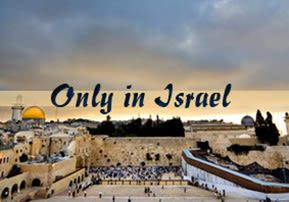
My Place is Only in Israel
Rebbe Nachman said, “My place is only in the land of Israel. In all my travels, I am only traveling to the land of Israel, and for the moment, I am a leader in Breslev…”

Rebbe Nachman on the Land of Israel
Chambers of the Palace, Part 9
Struggling to Come to the Land of Israel
Rebbe Nachman said that a person who desires to be a Jew—that is, to go from level to level—can only do so via the land of Israel. When one is victorious, one is called a warrior. Before one is victorious, “let the one who is girding himself not praise himself like the one who is taking off his belt” (I Kings 20:11). Only after one is victorious is one a warrior.
After Rebbe Nachman finished this teaching, I asked him, “What were you referring to when you mentioned that the land of Israel is so great and going there constitutes the concept of victory?”
He grew curt with me and answered, “I meant the land of Israel in its simple meaning—with its houses and buildings.” His whole intent in describing the level of the land of Israel was the actual land of Israel to which Jews travel. It was his desire that every Jew—whoever really wants to be a Jew—should travel to the land of Israel. Even if one had many obstacles, one should break through them all and go there; for when one manages to come to the land of Israel, one achieves the essence of victory.
Rebbe Nachman encouraged me a great deal and inspired me to break through all my many obstacles. As a result, I myself traveled to the land of Israel.
“He who is putting on his belt should not boast like the person who is taking it off” means that a person has to undergo much suffering and obstacles before he arrives at the land of Israel.
Once, when Rebbe Nachman was speaking of the many obstacles and dangers that he had undergone in Istanbul, he told us that we can come to the land of Israel easily.
We would not have obstacles such as he did. If we wanted to, we could go to the land of Israel easily. But we too must be prepared to suffer and to break through obstacles before arriving, for, as our Rabbis taught, the land of Israel is one of the three things that were given with suffering. The other two are the Torah and the world-to-come.
Once, Rebbe Nachman said that there are people who imagine that they are really yearning to come to the land of Israel—but only if they could travel in comfort. But this is not a perfect desire. A person who truly desires to come to the land of Israel needs to go even by foot. As Abraham was told, “Go”—meaning, walk. (Chayei Moharan p. 12, #15)
My Place is in the Land of Israel
Rebbe Nachman said, “My place is only in the land of Israel. In all my travels, I am only traveling to the land of Israel, and for the moment, I am a leader in Breslev and other places.” (Chayei Moharan, p. 68, #6)
The Quality of the Land
Rebbe Nachman said that when he had been in the land of Israel, some outstanding men had told him that before they had moved there from Eastern Europe, they couldn’t imagine that the land of Israel is in this world. They had thought that its holiness as described in our holy Torah made it an entirely different world. (For instance, the Torah delineates all the borders of the land of Israel because of its great and awesome holiness.) They weren’t able to imagine that the land of Israel is in this world until they arrived and saw it.
The land of Israel is exactly like other countries, and its soil has exactly the same appearance as the soil of other countries. Sometimes, people bring white soil from the land of Israel; but that soil is only found in particular spots, and one can find white soil in Europe as well.
In appearance there is no difference whatsoever between the land of Israel and other countries. But it is nevertheless exceedingly holy, at the apex of holiness. Fortunate is the person who has walked four cubits there, as our sages have said. (Likutei Moharan II, 116)
He Suffered More from His Love
When Rebbe Nachman was in Haifa, a young Moslem came to him and spoke to him a great deal. Rebbe Nachman didn’t understand what he was saying. This Arab stayed with Rebbe Nachman for every meal, day and night, and treated him warmly.
Once, he came to Rebbe Nachman in great anger, carrying a weapon, and began to shout at him. But Rebbe Nachman didn’t understand what he was saying.
A woman from Volichia was there. As soon as the Moslem left, she told Rebbe Nachman that for God’s sake he should flee from that house, for the Moslem had challenged Rebbe Nachman to a duel.
Rebbe Nachman fled to the house of a well-known Chassid, Rebbe Ze’ev of Charni Ostroho, who hid him in an inner room.
The Arab again came to Rebbe Nachman’s inn. He said, “Where is that man? Tell him that I like him very much. I will give him donkeys and my horse so that he can go with the caravan to Tiberius. He doesn’t have to be afraid of me anymore.”
So it was. Rebbe Nachman came to his inn, and the Arab came and didn’t say anything to him. He only smiled and laughed, and he treated Rebbe Nachman very warmly and with a great deal of friendship.
This episode of the Arab was quite extraordinary.
Rebbe Nachman said that he suffered more from the Arab’s love than from his hatred and anger.
According to what we heard from his holy mouth, he was in great danger from this Arab. He apparently said that this Arab was the devil himself, but that with God’s mercy he was saved from him. (Shivchei Haran 17)
The Tune of the Land of Israel
Rebbe Nosson heard that Rebbe Nachman was once informed about the journey of the holy Rebbe of Berditchev to Iassi, and how he had amassed a great deal of money.
Rebbe Nachman said, “A tune is better than this. And a tune of the land of Israel is certainly better than this.
“If one took a person with a lust for money and showed him a tune of the land of Israel, this lust would be nullified before it.” (Chayei Moharan II, p. 70, #133)
***
From “Chambers of the Palace”, an anthology of Rebbe Nachman’s writings abridged and translated by Yaacov Dovid Shulman. Writer, translator, and editor Yaacov Dovid Shulman can be contacted at: yacovdavid@gmail.com.






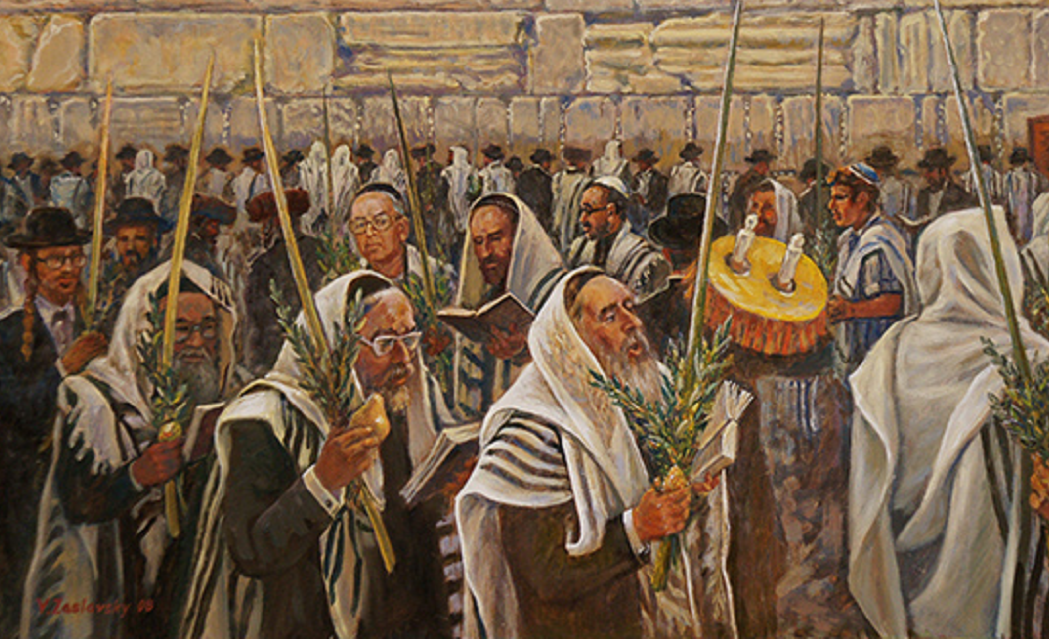
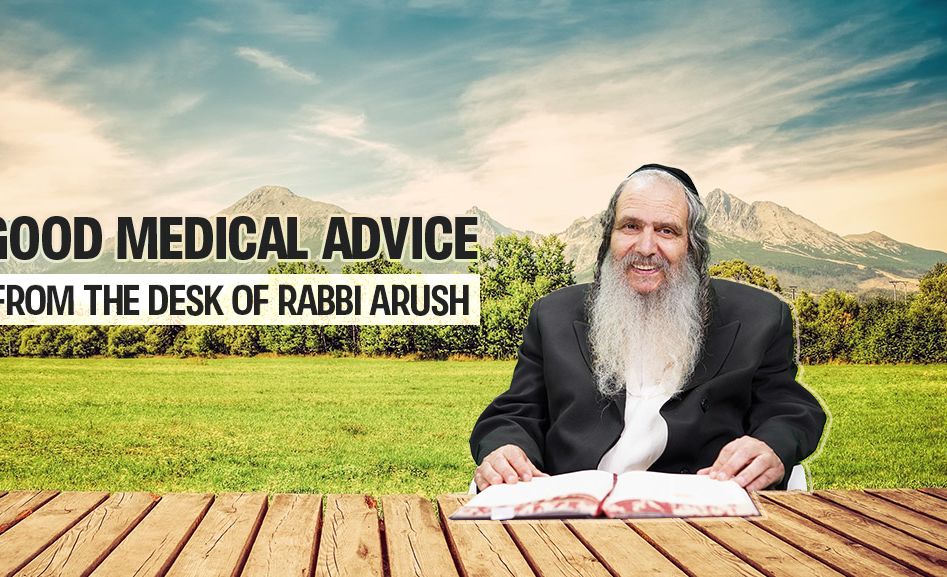
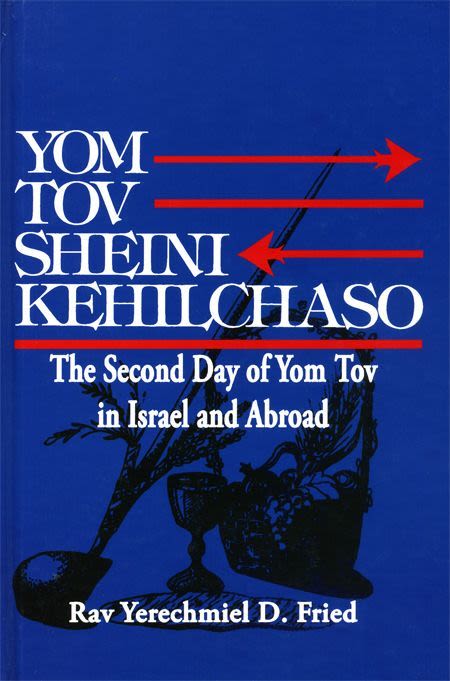
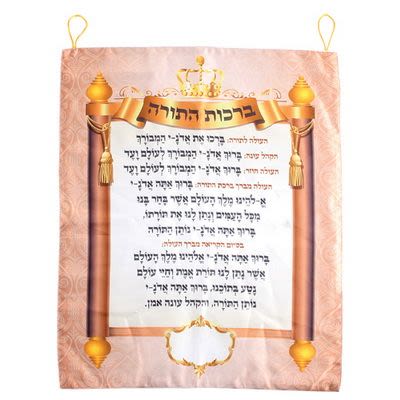

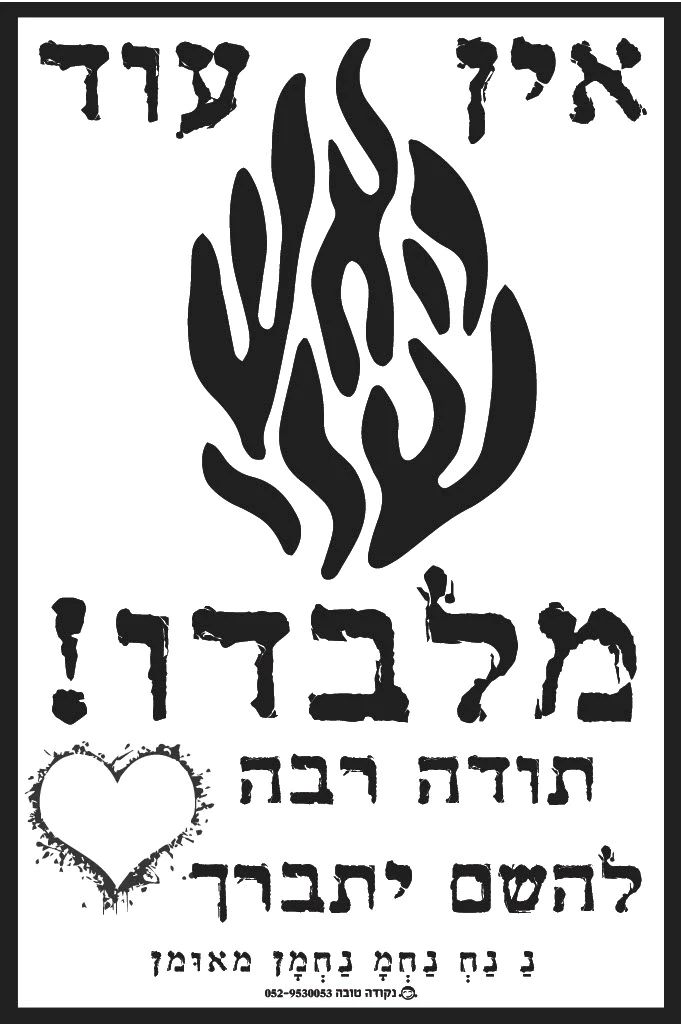
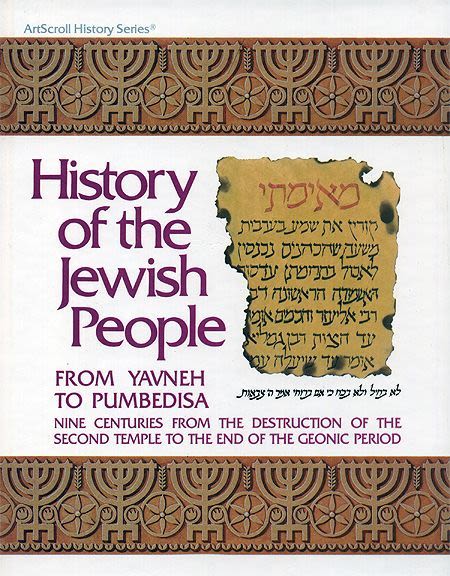
Tell us what you think!
Thank you for your comment!
It will be published after approval by the Editor.